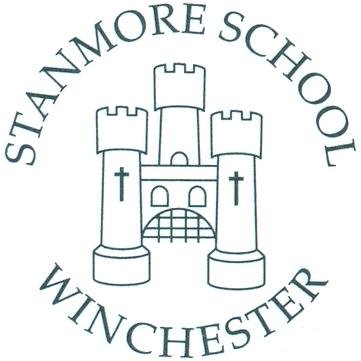Religious Education
Purpose of study
Living Difference IV seeks to introduce children and young people to what a religious way of looking at and existing in the world may offer in leading one’s life, individually and collectively.
It recognises and acknowledges that the question as to what it means to lead one’s life with such an orientation can be answered in a number of qualitatively different ways. These include the idea that to live a religious life means to subscribe to certain propositional beliefs (religion as truth); the idea that to live a religious life means to adhere to certain practices (religion as practice); and the idea that to live a religious life is characterised by a particular way of being in and with the world: with a particular kind of awareness of and faith in the world and in other human beings (religion as existence).
These three ways of conceptualising religion also relate to different theological positions and may be found as overlapping to different extents within any particular religious tradition.
Religious education in Hampshire, Portsmouth, Southampton and the Isle of Wight intends to play an educative part in the lives of children and young people as they come to speak, think and act in the world.
This entails teachers bringing children and young people first to attend to their own experience and that of others, to engage intellectually with material that is new and to discern with others what is valuable with regard to living a religious life or one informed by a non-religious or other perspective.
This approach to religious education in Hampshire, Portsmouth, Southampton and Isle of Wight schools is consistent with the United Nations Convention on the Rights of the Child, particularly Articles 12, 13, 14 and 30, and supports the work of rights respecting education (RRE).
Aims
The matters to be engaged with in Living Difference IV are largely determined by legal requirements whilst remembering that depth of study is important.
The skills of religious education in Living Difference IV are the enquiry skills of Communicate, Apply, Enquire, Contextualise and Evaluate.
The process of religious education in Living Difference IV is the approach to enquiry explained in the rest of this section.
Individual schools and teachers will design a precise curriculum suitable for the needs of their children and young people. Infant, junior, secondary and special schools should work together in a particular area to ensure progression, especially across transition points.
EYFS
Foundation Stage (Year R) children in general will engage with aspects of Christianity and the other religion being explored in Key Stage 1.
Key stage 1
At Key Stage 1 children are required to study Christianity and one other religion.
Key stage 2
At Key Stage 2 children are required to study Christianity and two other religions. In Years 3 and 4 this will be Christianity and one other religion and in Years 5 and 6 children are required to study Christianity and a different religion. In upper Key Stage 2 a non-religious world view may be included in addition. Teachers at Key Stage 2 must liaise with Key Stage 1 teachers to ensure three religions in addition to Christianity are explored through the primary years.

